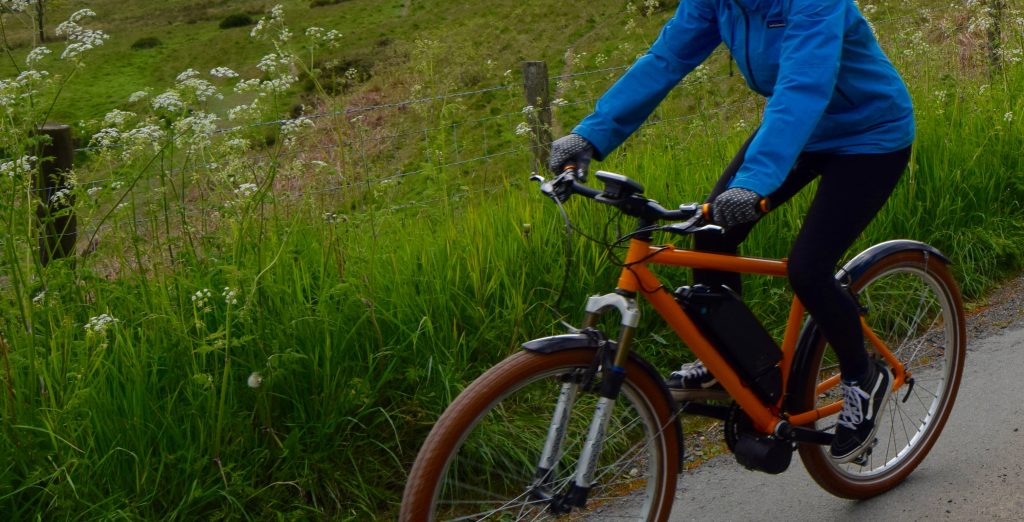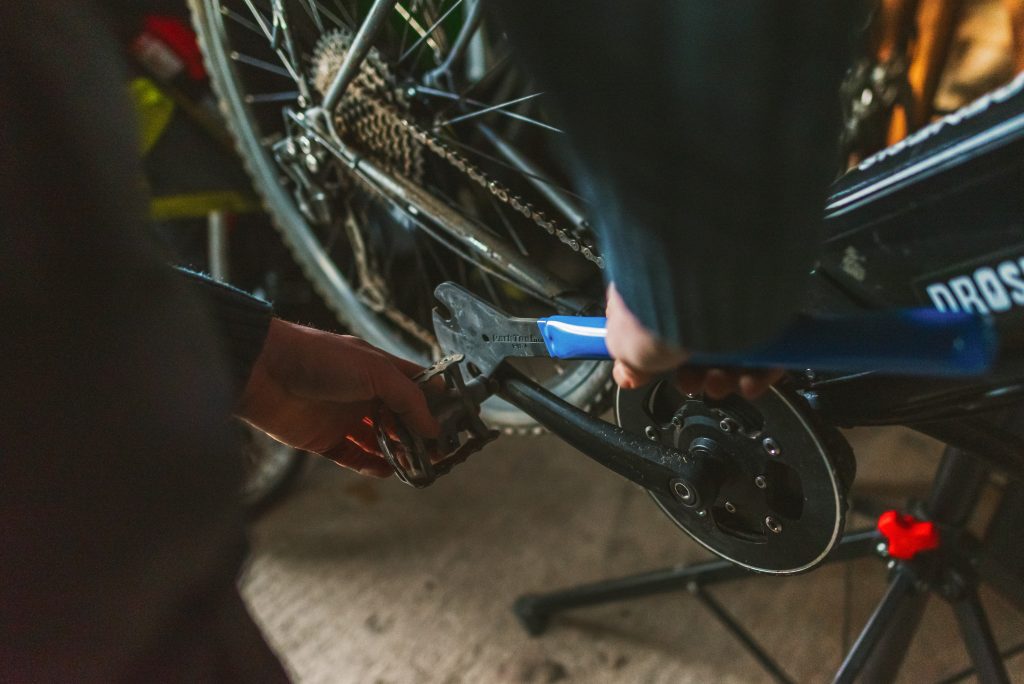You’ve decided you want an e-bike but you just don’t know what the best option is for you? In this post we’ve outlined the pros and cons of both factory built and converted e-bikes. We also discuss the conversion kits that Drosi Bikes fits to help you choose what’s best for you.
FACTORY BUILT E-BIKES
There is an amazing array of factory-built e-bikes now available which cater for all different types of riding and rider. Generally, bike manufacturers will use an electric motor and battery produced by a third party such as Bosch or Shimano.
A higher end e-bike will offer a very well-integrated and high performing e-bike system which will be great to use, this does however come a significant cost, often well in excess of £ 2,000. It is possible to purchase cheaper e-bikes around £1,000 but these are often disappointing in terms of performance, quality and longevity. To produce an e-bike at this lower price point sacrifices have to be made in terms of the quality of components, motor and importantly the battery. (Check out or other blog posts for details in what to look for in an e-bike).
CONVERSION KITS
Conversions kits provide a great solution for a wide range of bikes and riders. It is possible to buy hub drive and mid-drive conversion kits which make use of speed or torque sensing. Generally speaking, conversion kits are available at a lower cost of the equivalent factory-built e-bike with the batteries often making up a significant chunk of the cost of the kit. An e-bike conversion is a sound environmental option as it repurposes what you have and avoids the need to buy more especially if you already own a bike that suits your needs well and that you find comfortable. A conversion kit can be removed from one bike and fitted to another if you wish to change bikes.
Full suspension mountain bikes can be difficult to convert as there is often not sufficient space within the frame to mount the battery. It is possible to mount the battery to the underside of the frame, but the battery is exposed to damage in this position. It is also possible to purchase custom made batteries designed fit within a specific frame shape.
Step through bikes often require the battery mounting on a rear pannier rack due to lack of space within the frame. Mounting the battery on a pannier rack does raise the bikes centre of gravity slightly but this does not significantly affect the bike’s handling.
DROSI BIKES’ CONVERSION KITS
At Drosi Bikes we use the Tongsheng TSDZ2 250W 36V mid-motor conversion kit coupled with a 36V 14.3Ah (515Wh) battery manufactured by EM3ev.
The TSDZ2 motor is relatively lightweight and compact torque sensing mid-drive kit. It fits many conventional bike frames however it is not always compatible with carbon fibre frames or frame which use press fit or eccentric bottom brackets generally found on high end or niche bikes. We have extensively tested the kit with good results. That said, we have had a small number of kits fail which we have been able to easily repair in-house as spare parts are easily available. Again this means that the motor can be repaired rather than thrown away.
Being mid-drive and torque sensing means the motor provides a natural feeling of pedalling combined with high torque but good range. Spare parts are easily available meaning the motor can be repaired rather than thrown away. We have had a small number of kits fail which we have been able to easily repair in-house.
The batteries are made by EM3ev and contain Panasonic PF 18650 cells which are held in a high-quality casing. The batteries are fitted with a sophisticated but reliable battery management system (BMS) which has Bluetooth functionality which enables the advanced user to access data for information and diagnostics.
In short the conversion kits we use provide a great alternative to factory-built e-bikes for many different riders. We would not recommend these kits to riders who plan to take on advanced mountain bike trails due to the reduced ground clearance created by the motor housing. The kits cannot quite match the high-end factory-built systems from Bosch or Shimano in terms of user interface and reliability but they really are not far behind and are significantly cheaper.

